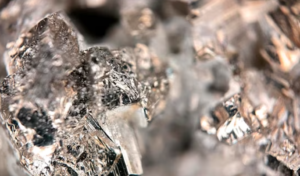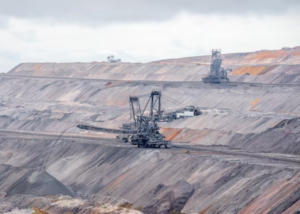#Vale #NickelMarket #GlobalDeficit #CERAWeek #Houston #Mining #Sustainability #EnergyConference
Brazilian mining giant Vale has projected a significant shift in the nickel market dynamics, anticipating a move from the current state of oversupply to a global deficit by the year 2028. This forecast was shared by Emily Olson, Vale’s Chief Sustainability and Corporate Affairs Officer, during her presentation at the CERAWeek energy conference held in Houston.
Nickel, a crucial element in the production of stainless steel and batteries, including those used in electric vehicles (EVs), has seen fluctuating demands and supplies over the years. Vale’s optimistic projection stems from a thorough analysis of the fundamental aspects of the nickel market, which, according to Olson, suggests substantial long-term gains despite the existing short-term challenges.
The statement from Vale comes at a time when the global emphasis on clean energy and sustainability is pushing the demand for metals like nickel to new heights. The electric vehicle revolution, in particular, is a significant driver of this demand surge as the world shifts away from fossil fuels.
Vale’s insight into the future scarcity of nickel highlights a critical upcoming challenge for industries relying on this metal. It underscores the importance of strategic planning and investment in nickel mining and recycling to meet the increasing demand, especially as the focus on sustainable and eco-friendly products intensifies.
Moreover, Olson’s remarks at the CERAWeek conference reinforce the significance of sustainability in the mining sector. Vale’s focus on analyzing nickel market fundamentals and projecting its deficit aligns with a broader trend in the mining industry toward responsible and sustainable extraction practices that meet the world’s growing mineral needs without compromising future generations’ ability to do the same.
The transition to a global nickel deficit underscores the urgent need for innovation, investment, and international collaboration in mining and recycling technologies. As the world continues to embrace electric vehicles and renewable energy sources, ensuring a stable supply of essential minerals like nickel will be paramount.







Comments are closed.